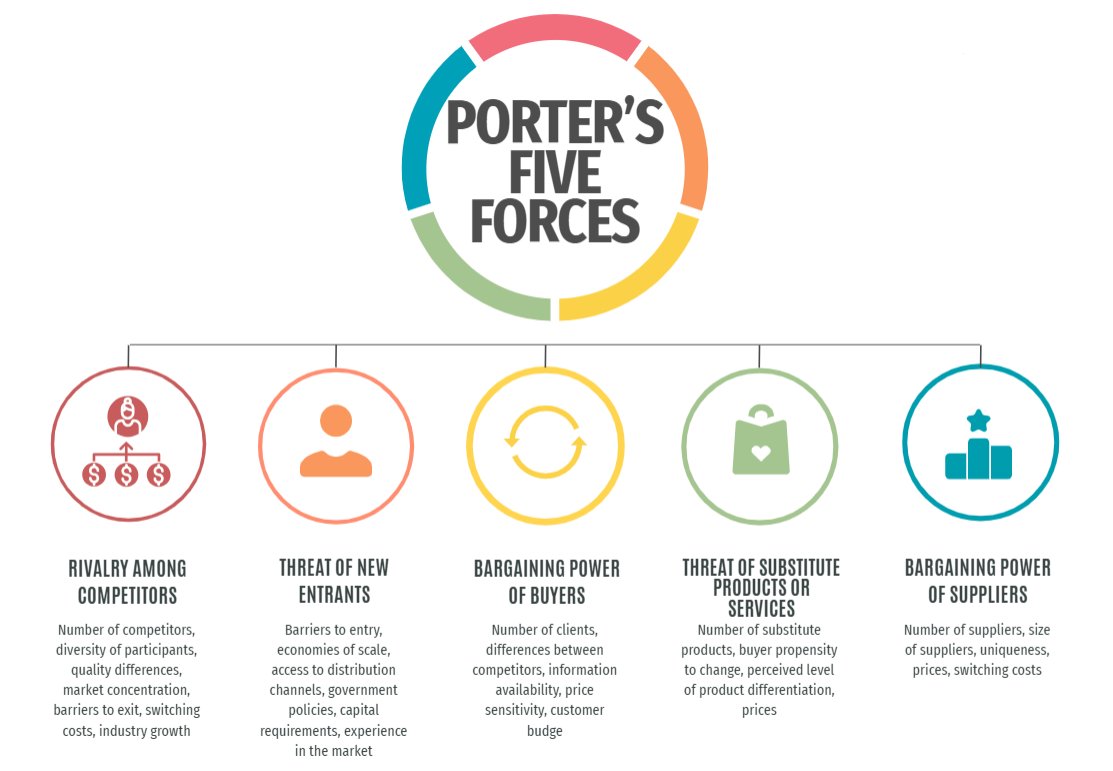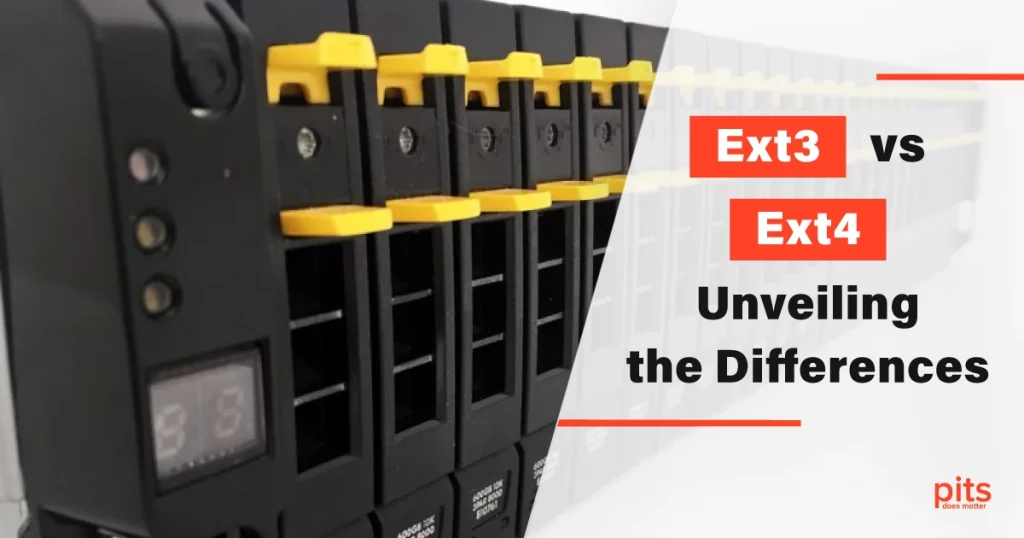The main difference between a traditional and startup business plan lies in their organizational structure. Startups are generally more loosely organized compared to traditional businesses, allowing them more flexibility to innovate and gradually refine their offerings.
Unlike traditional businesses, startups are often temporary in nature. In a traditional business plan, all aspects of the business are covered comprehensively, including market research, marketing strategies, and financial projections. On the other hand, a startup business plan tends to focus more on developing a minimum viable product, rapid prototyping, and iterative development strategies.
This distinction highlights the contrast between the two approaches in terms of depth and agility in responding to market needs. Understanding these differences is vital for entrepreneurs in crafting a suitable business plan for their venture’s success.

Organizational Structure
Traditional business plans are comprehensive, covering all aspects of the business, such as market research and financial projections. In contrast, lean startup plans focus on rapid prototyping and iterative development, aimed at creating a minimum viable product. These differences reflect the diverse needs and structures of both traditional and startup business plans.
| Hierarchical approach in traditional business plans: Traditional business plans often follow a hierarchical approach, with clear levels of authority and decision-making. |
| Flat structure in startup business plans: On the other hand, startup business plans typically adopt a flat structure, encouraging collaboration and flexibility among team members. |
Market Research And Strategies
Traditional business plans and startup business plans differ in their approach to market research and strategies. In traditional business plans, comprehensive research is conducted, covering all aspects of the business, including market research, marketing strategies, and financial projections. This type of plan focuses on internal processes and products rather than customer needs.
On the other hand, startup business plans prioritize rapid prototyping and iterative development. They emphasize the development of a minimum viable product (MVP) and continuous improvement through customer validation. Startups are more loosely organized at the beginning, allowing them the flexibility to gradually improve their innovative product or service offerings.
In conclusion, traditional business plans are more comprehensive and in-depth, while startup business plans focus on rapid prototyping and iterative development. Both approaches have their merits and are suited to different types of businesses.
Customer-centric Focus
Traditional business plans typically focus more on internal processes and products, while startup business plans are more centered around understanding customer behaviors and preferences. Traditional plans tend to be comprehensive and cover all aspects of the business, including market research, marketing strategies, and financial projections. On the other hand, lean startup plans are more focused on a minimum viable product, rapid prototyping, and iterative development. In the modern business landscape, customer centricity has become a cornerstone of strategic planning. Understanding customer needs is crucial for staying competitive and developing innovative offerings. Unlike traditional businesses, startups often have more flexibility and room for gradual improvement. Startups operate with a less defined organizational structure and have the ability to adapt and refine their products or services based on customer feedback.

Complexity And Length
|
Traditional business plans dive deep into every aspect, from complexities to comprehensive strategies. Extensive market research, detailed financial projections, and thorough marketing plans are included. |
|
On the other hand, startup business plans take a simpler, quicker approach. They focus on creating a minimum viable product, rapid prototyping, and iterative development. Less detailed but more agile. |
Financial Projections And Funding
When it comes to financial projections and funding, traditional business plans often rely on established financing methods such as bank loans, venture capital, or angel investors. On the other hand, start-up business plans may opt for crowdfunding and early-stage funding, leveraging modern digital platforms to reach a wider pool of potential investors.

Frequently Asked Questions Of What Is The Difference Between Traditional And Start Up Business Plan
What Is The Difference Between Traditional And Startup Business?
Traditional businesses are established, with defined structures and operations. Startups are temporary and flexible, focusing on innovation and gradual improvement. Traditional plans cover all aspects comprehensively, while startup plans focus on rapid development and iterating the product. Modern business planning emphasizes customer-centricity for staying competitive.
What Are The Differences And Similarities Between Traditional Business Plan And Lean Start Up Business Plan?
The traditional plan is detailed and comprehensive, covering all aspects of the business. On the other hand, lean startup plans focus on a minimum viable product, rapid prototyping, and iterative development. Both aim to achieve business goals, but their approaches differ.
What Is The Difference Between Traditional And Modern Business Plan?
The difference between traditional and modern business plans is in their approach. Traditional plans focus on internal processes and products, while modern plans prioritize customer needs and preferences. Modern plans also emphasize customer centricity and staying competitive by understanding customer behaviors.
Traditional plans are more comprehensive and in-depth, covering all aspects of the business, while modern plans are more focused on a minimum viable product and iterative development.
What Is The Difference Between A Startup Plan And A Business Plan?
A startup plan is more flexible and focuses on innovation, while a business plan is comprehensive and detailed.
Conclusion
When comparing traditional and startup business plans, startups have the flexibility to innovate gradually. Unlike traditional businesses, startups operate with more freedom and adaptability to refine their offerings over time. Each plan format has its perks, so understanding the nuances is key for success.







